New Toolkit Helps Break Down Gender Barriers in Vaccine Response
Globally, multiple studies show that gender-related barriers and inequality, such as the inability to make decisions and lack of control over resources, prevent people from getting vaccinated. The impact of gender inequalities has been even more apparent during the COVID-19 pandemic and with the introduction and rollout of COVID-19 vaccines. In response to this, Breakthrough ACTION developed the Gender Analysis for Vaccine Response toolkit that will ultimately enable increased vaccine coverage.
In 2023, Breakthrough ACTION organized two five-day workshops to pretest the English and French toolkits in Tanzania and Guinea, bringing together key local stakeholders involved in risk communication and community engagement (RCCE), including the Ministry of Health. These workshops aimed to ensure the toolkit’s appropriateness, comprehensibility, and usability. Local experts working on vaccine responses and gender issues were actively engaged in pretesting the toolkit and provided invaluable perspectives to refine the content. The participatory approach allowed participants to understand each step of the gender analysis process from a user’s perspective (i.e., selecting relevant questions, identifying sources, synthesizing existing information, and creating actionable recommendations to reduce disparities in vaccine access and utilization).
“This workshop was not just about pretesting the toolkit; it also provided hands-on experience for RCCE stakeholders in Tanzania to unpack some of the existing gender issues and incorporate them into current and future emergency vaccine responses,” said Shahada Kinyaga Deputy Chief of Party, Breakthrough ACTION Tanzania. “It became evident that current community toolkits lack recognition of gender disparities, leading to the provision of generalized information that fails to address gender-related challenges to vaccines adequately. Key RCCE stakeholders, including cultural and religious leaders, need orientation and capacity strengthening to effectively integrate gender considerations”.
Yacouba Sakho, Program Officer, Breakthrough ACTION Guinea, further emphasized the impact of the toolkit on his work stating, “The toolkit helped us think more deeply and ask ourselves about gender-related responsibility in households as well as in our communities before, during, and after an epidemic. It allowed us to analyze gender disparities and propose recommendations for better vaccine rollout.” On the final day of the workshops, each country team validated key recommendations, representing a significant step forward in fostering a more gender-equitable vaccine response. Participants emphasized the importance of accessing real-time data that is disaggregated by sex, age, and other relevant demographic characteristics to enable a deeper understanding of gender disparities in vaccine coverage and allow for targeted interventions and decision making based on specific population groups. According to Amadou Korko, Program Assistant, Breakthrough ACTION Guinea, having this gender perspective allows program implementers to better address the needs of the most vulnerable or under-represented population groups, contributing to better vaccine coverage.
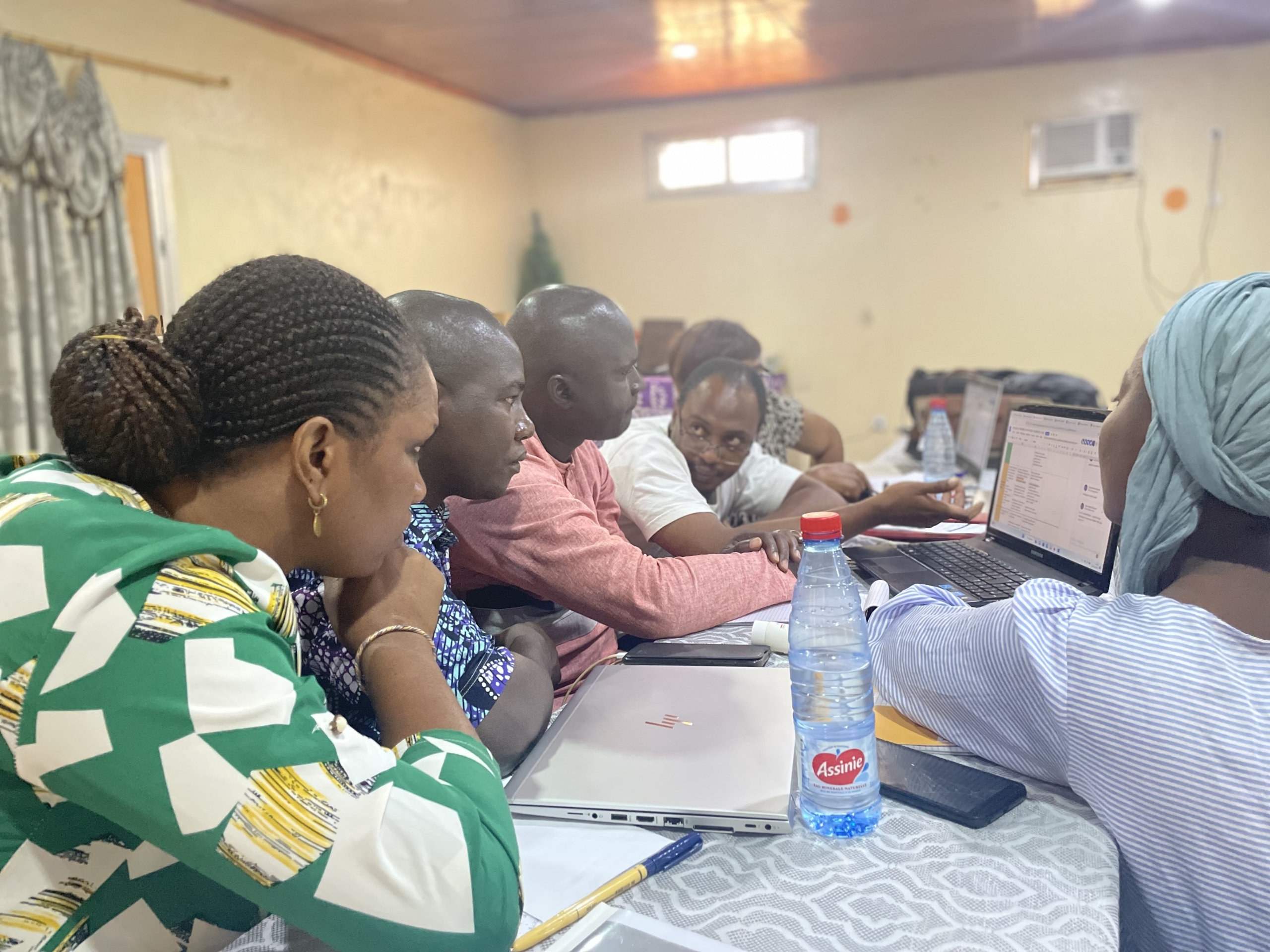
Workshop participants pretest the new Gender Analysis for Vaccine Response toolkit in Guinea.
Breakthrough ACTION continues to collaborate with both countries to review and incorporate a gender perspective into national strategies to ensure vaccine response efforts are inclusive and address the diverse needs of individuals and communities. Shahada added, “Using the toolkit ensures that a vaccine strategy is not one-size-fits-all but considers the unique needs, barriers, and concerns of different genders, ultimately leading to a more effective and equitable vaccination response.”
Written by: Esete Getachew, Deputy Lead, Gender Equality and Social Inclusion

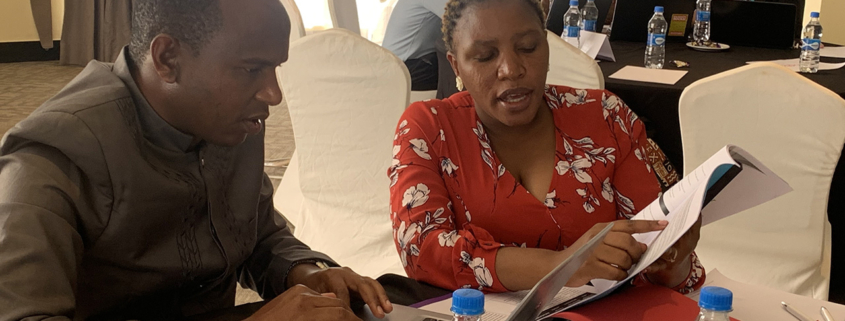
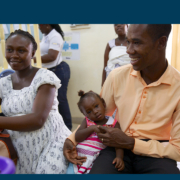 Sarah Hoibak/VectorWorks/Photoshare
Sarah Hoibak/VectorWorks/Photoshare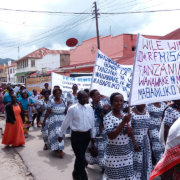 Rebekah Munnikhuysen/US Peace Corps/Photoshare
Rebekah Munnikhuysen/US Peace Corps/Photoshare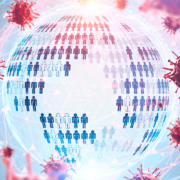
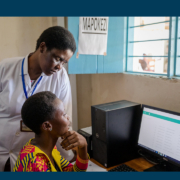 Rachel Chilton/USAID/Flickr
Rachel Chilton/USAID/Flickr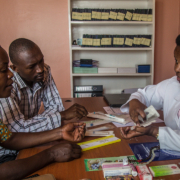 Yagazie Emezi/Getty Images/Images of Empowerment
Yagazie Emezi/Getty Images/Images of Empowerment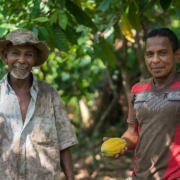 USAID/Flickr
USAID/Flickr